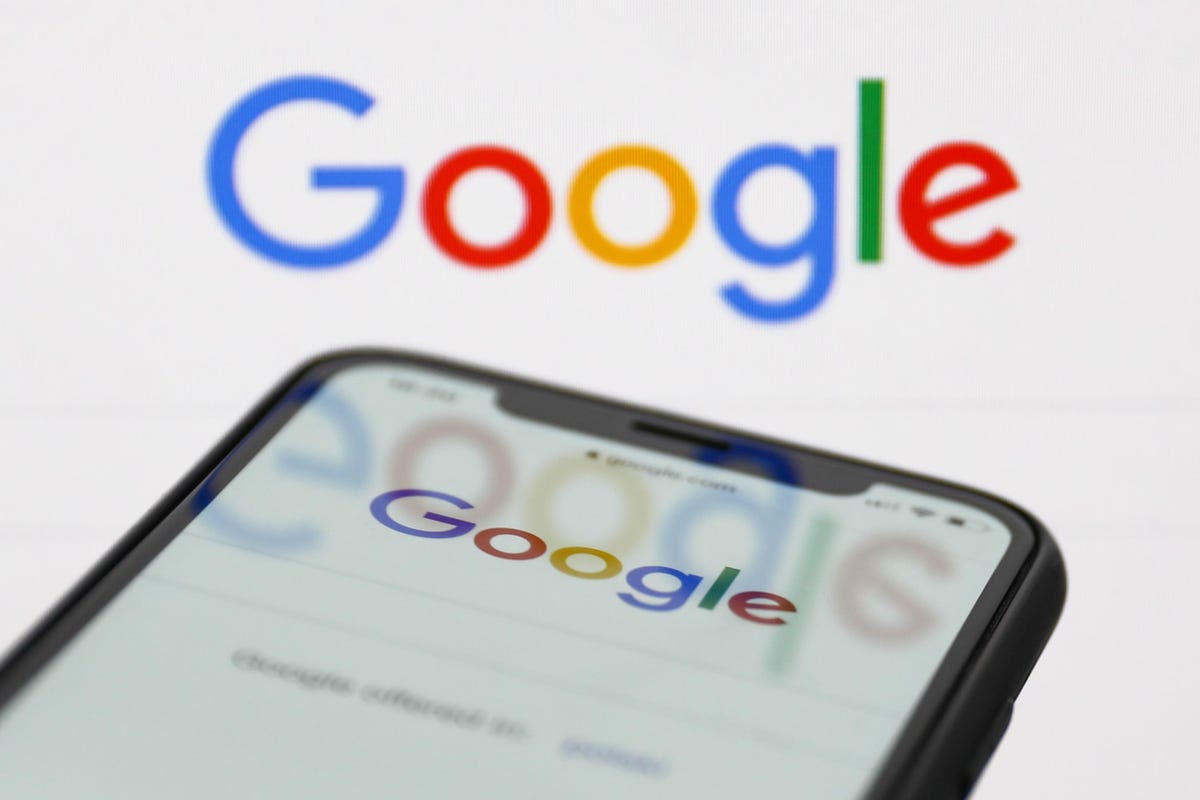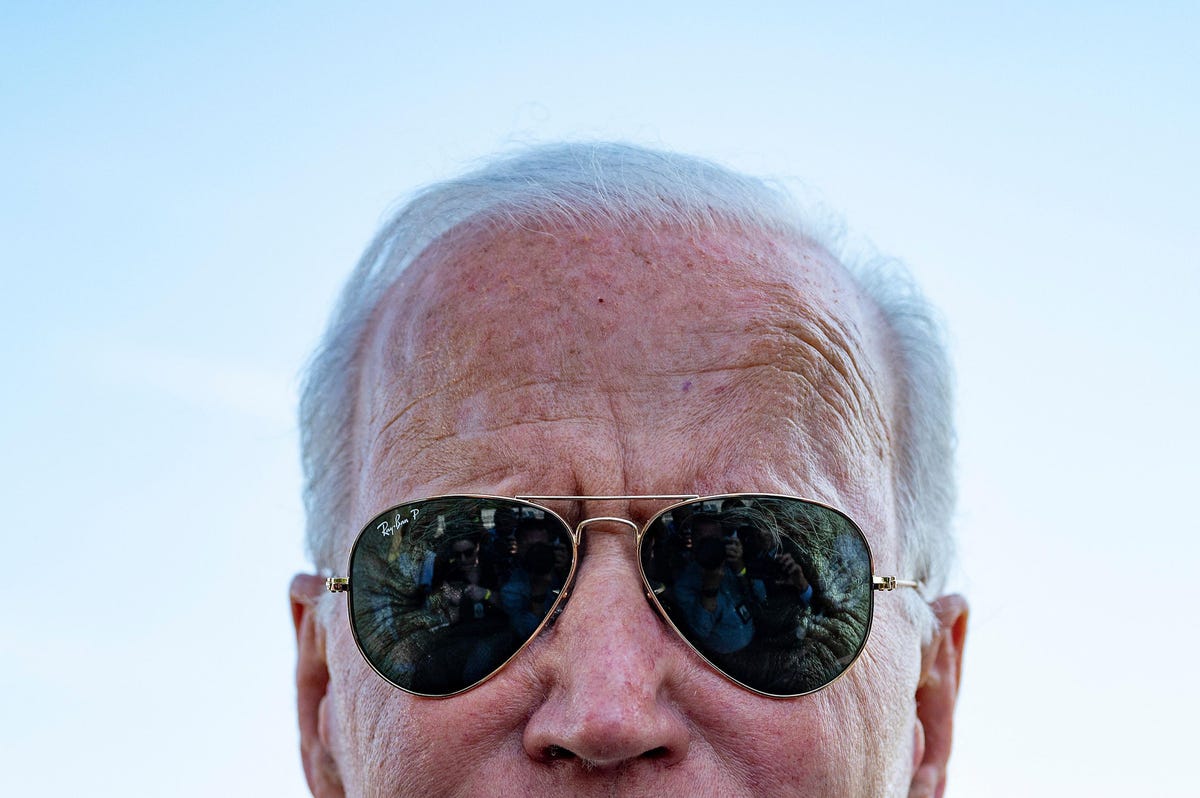YouTube App icon channel on iPhone XR
YouTube has introduced new plans for coping with misinformation on its platform, together with methods of dealing with ‘borderline’ content material.
As new conspiracy theories have popped up throughout the Covid disaster, the corporate has struggled to remain on high of the tide.
“More and more, a very new narrative can rapidly crop up and achieve views,” says chief product officer Neal Mohan.
“Or, narratives can slide from one matter to a different — for instance, some basic wellness content material can result in vaccine hesitancy. Every narrative also can look and propagate in a different way, and at occasions, even be hyperlocal.”
The corporate will now, he says, ramp up its efforts to coach its machine studying methods with a extra tightly focused mixture of classifiers, including key phrases in further languages and data from regional analysts, to attempt to catch misinformation that is been missed up to now.
In the meantime, it is contemplating making it more durable to share borderline content material.
“Even when we aren’t recommending a sure borderline video, it might nonetheless get views by way of different web sites that hyperlink to or embed a YouTube video,” says Mohan.
Consequently, the corporate’s disabling the share button or breaking the hyperlink on movies that it is already limiting in suggestions, making it not possible to embed or hyperlink to a borderline video on one other website.
“However we grapple with whether or not stopping shares might go too far in proscribing a viewer’s freedoms,” says Mohan.
“One other strategy may very well be to floor an interstitial that seems earlier than a viewer can watch a borderline embedded or linked video, letting them know the content material might include misinformation.”
Misinformation is usually a neighborhood affair, with, for instance, conspiracy theories circulating in Brazil throughout the Zika virus outbreak. To attempt to deal with this, the corporate says it’ll broaden regional groups and think about partnerships with specialists and non-governmental organizations world wide. It is also engaged on methods to replace fashions extra usually.
All these measures are, apparently, merely into account for now, with Mohan explaining: “We’ll proceed to rigorously discover totally different choices to ensure we restrict the unfold of dangerous misinformation throughout the web.”
YouTube has constantly been criticized for internet hosting misinformation, and for doing too little to fight its unfold. Simply final month, certainly, a bunch of 80 fact-checking organizations signed an open letter claiming that “YouTube is permitting its platform to be weaponized by unscrupulous actors to control and exploit others, and to arrange and fundraise themselves.”






